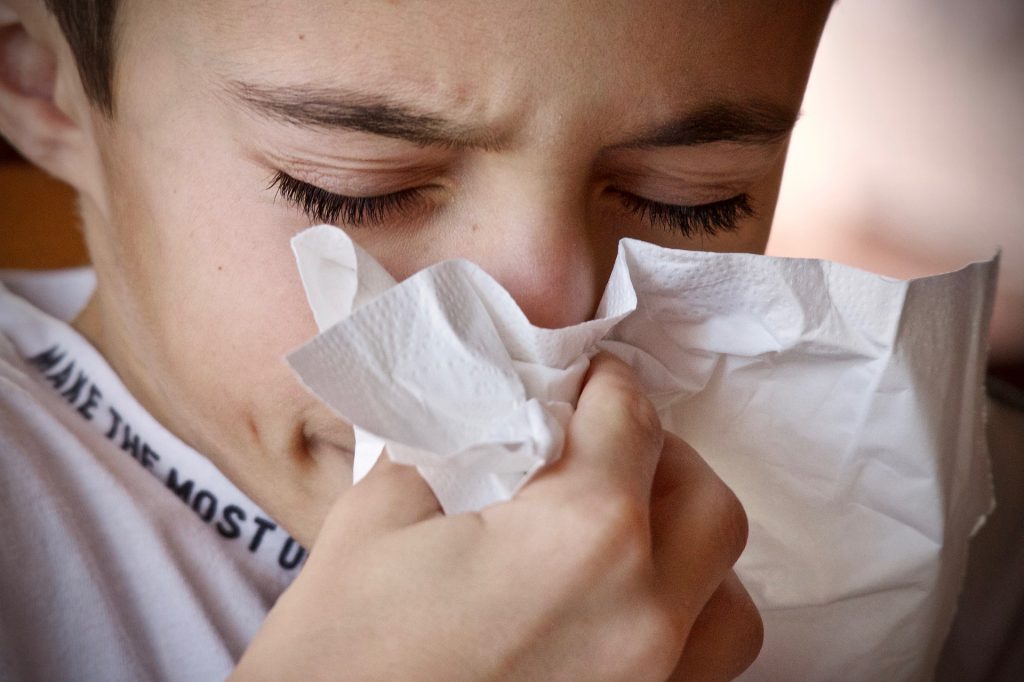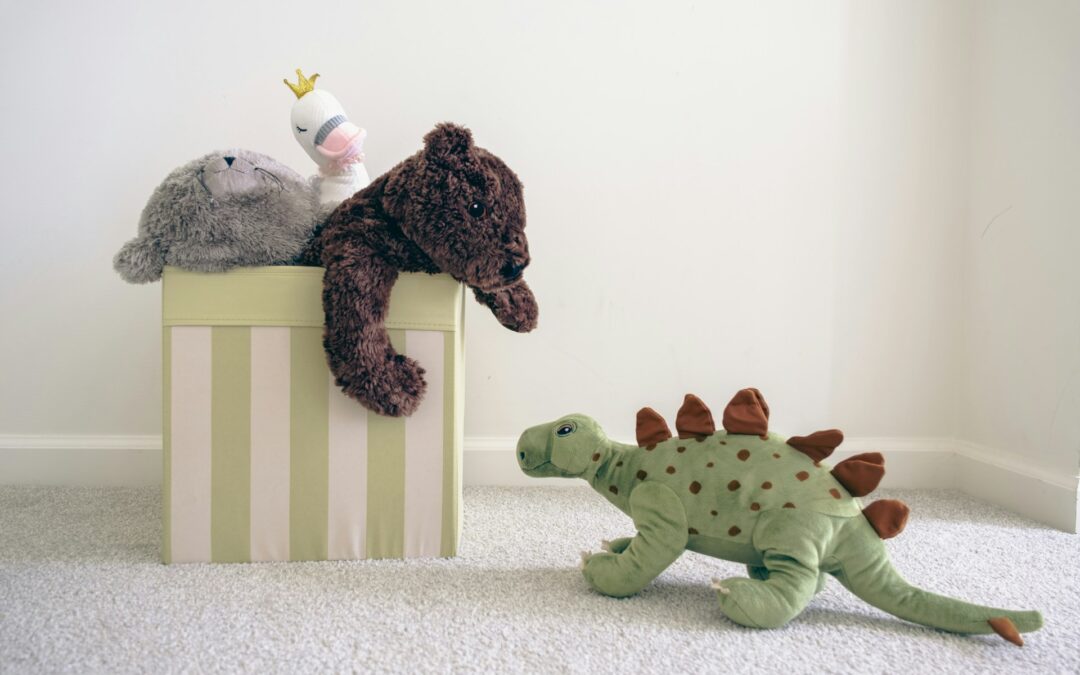Welcome to our series of articles on mold! Click the links below to jump straight to:
Did you know that Fungi is present almost everywhere in our lives? From the food we eat, to the medicine we take, and even to the cause of our itchy feet! So, is Mold in your house dangerous? In this article, we will inform you about how Fungi present in your house can be dangerous to your health!
If you are unsure what exactly is mold and mildew, they are basically a type of Fungi. Read all about mold and mildew here!
Is Mold Dangerous? Should I Be Concerned?
The short answer, is, yes. Mold is dangerous to our health and well-being. Ideally, our houses should be free from mold and mildew. However, in the warm and humid climate we live in in Singapore, it is impossible for us to be completely free of it. Instead, we live alongside mold and mildew in our daily lives. By knowing about the effects of mold on our health, we can be aware of how to lead our daily lives alongside it and curb adverse consequences before it becomes too severe.
Damp conditions are ideal for mold to grow. Without deliberate removal and cleaning, mold will continue to grow and spread. The fact that you are reading this article means that you are concerned, and that is fantastic news!
Your time can be better spent with your loved ones! Let us do the home cleaning. Free up your time by finding a part time maid with MEIDE today!
In fact, in your attempt to remove and clean moldy areas, you expose yourself to the risks of mold effects too. Improper techniques would result in dead spores flying around. One might accidentally breathe these in and trigger the harmful heath effects as elaborated below. Therefore, always take crucial steps to protect yourself particularly when conducting mold or mildew removal. We do not even recommend doing it yourself because why take the risk and you can get professional help RIGHT HERE?

It is right to be concerned about mold in your house. Mold is dangerous. Although we can all live with the omnipresence of moisture in Singapore, we should do our best to reduce exposure to mold and its harmful effects!
What problems can mold cause in my body?
A large range of health problems are linked to mold and mildew. These include, but are not limitd to:
- Asthma
- Allergic Rhinitis
- Allergies
- Other Breathing Problems such as wheezing, flu-like symptoms
- Allergic conjunctivitis
- Eye infections
- Aspergillosis
- Other Affiliated Lung Diseases
- Eczema
- Tinea Infections
- Depression and other mental and social issues
- Worsening of chronic conditions (especially immune-weakened systems)
In the subsequent paragraphs, we elucidate further on these health issues.
Breathing Problems Caused by Mold
Asthma and Mold
One of the most common ailments in the world – asthma – is made worse in mouldy environments. With increased urbanisation, more and more of us are living in enclosed spaces. These spaces are small and often blocked out by four walls and little or no windows. And even when there is a tiny window, homeowners hardly keep them open long enough, if at all. When there is poor ventilation, moisture accumulates and favour conditions that are ideal for the growth of mold. A perfect example are the toilets in our new condominium launches! Many of these designs, despite sporting lofty and unique designs, misses out on ensuring adequate ventilation. It is no wonder that the world, including first world countries like Singapore, is seeing a rise in cases of respiratory conditions such as asthma.
Flu, Wheezing, Allergies and Mold
Besides asthma, living in areas with uncontrolled mold and mildew predisposes one to coughing, wheezing and breathing problems. A condition known as allergic rhinitis, can be triggered by mold. Although not life-threatening, this condition would severely impair our quality of life when there are frequent flares. Mold triggers blocked and runny nose by entering our airways and causing an inflammatory response. This is simply because mold are a type of Fungi, and these are living organisms that would irritate our airways when they are breathed in. As mentioned earlier, even breathing in dead spores from the mold would trigger an inflammatory and undesirable response from our body.

Touching mouldy areas without proper protective equipment is dangerous too. When your body parts are contaminated with these organisms, there is higher risks that you might touch another part of your body or even pass on the spores or mold to other people. If you accidentally touch your nose, mouth or face, it may trigger unwelcoming effects of sneezing, coughing or even allergic reactions. If you accidentally touch your eyes, it may irritate your eyes and cause allergic reactions known as allergic conjunctivitis. It may even result in severe eye infections.
Can Mold Kill Someone?
In worse cases, prolonged exposure to mold has even been linked to chronic and permanent damage to our lungs. Such a condition is Aspergillosis, which may prove deadly to immunocompromised individuals. There could also be problems of Interstitial Lung Disease (ILD) in such individuals. Whilst there are treatments available in our modern age, always remember that prevention is better than cure!
Stay educated on the health and environmental hazards, including home cleaning and hygiene matters with MEIDE.SG – it’s free!
Skin and Other Problems Caused by Mold
Eczema and Mold
Aside from respiratory issues, mold and mildew can trigger skin rashes. Ranging from allergic skin reactions, to fungal skin infections (known as Tinea), to eczema, mold is a pestering skin irritant for most individuals. By reducing our exposure to mold, we help to protect our skin and lead safer and more beautiful (literally) lives!
Depression and Mold
In certain studies, there are also higher incidences of mental health problems, such as depression, related to unclean living conditions and higher exposure to mouldy environments. This is likely also attributed to poor control of diseases, poor education of health and environmental issues, and overall poor hygiene standards.
Dealing with Mold In Your Life
Everyone would be faced with the problems of mold manifestation at some point in their lives in Singapore. Although not everyone may experience the harmful effects of mold on their health (fortunately), being aware of the risks is definitely important. Mold is dangerous. Whenever possible, one should take the precautionary steps to reduce exposure to mold. This is the best way to prevent the potential detrimental effects mold can have on your health. In particular, vulnerable people such as young infants, children, the elderly, and immunocompromised individuals, should take extra care because mold can cause much more endangering conditions in them. That said, healthy individuals are also at risk, especially if they have a personal or family history of allergic conditions (including eczema, allergic rhinitis, and allergic conjunctivitis). At MEIDE.SG, we are passionate not just about cleaning your home, but also about raising awareness on the dangers of environmental and health hazards around us. One can never be too careful in avoiding the ubiquitous mold around us to protect ourselves and our loved ones!
In our next article, learn all about how Singaporeans can remove mold and mildew safely from their homes. Learn step by step on mold removal, mold prevention, or simply call in the experts at MEIDE.SG for your safety and convenience!
Read our series of articles on mold! Click the links below to jump straight to:




